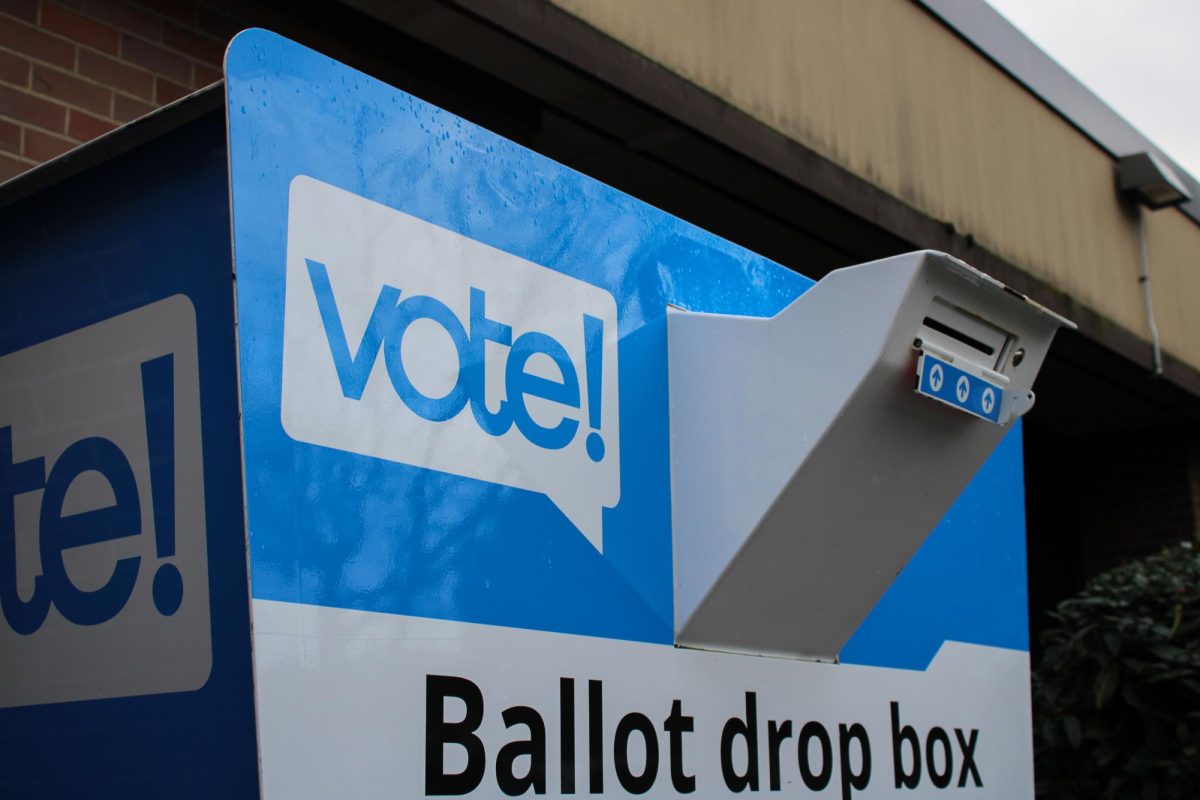
In November of 2020, Joe Biden won the United States presidency over incumbent Donald Trump. Key to President Biden’s original victory over President Trump was college-age students’ historic turnout in key battleground states. The support even went beyond the federal level — these young voters also helped determine the control of both congressional houses.
In the first political rematch in half a century, Trump is putting incumbent Biden on defense. As the 2024 election cycle draws closer, Biden’s campaign faces a key issue: failure to coalesce the support of young voters that got him there in the first place. Students, like those at Seattle Pacific University, are largely disappointed with both presidential candidates.
Election season has officially kicked off with states beginning to hold their nominating elections. These primaries and caucuses are the first set of elections that are held to determine the nominee of the major parties.
President Biden has all but secured the Democratic nomination, yet his campaign is struggling to gain momentum in the general election, for which voting will take place in November 2024.
Trump’s four years in office were eventful. Fiery tweets, controversy after controversy, and, in consequence of Trump’s supporters storming the capitol on Jan. 6, a social-media-wide deplatforming. Now, he’s back for what Cole Sievert, junior international relations major, deems to be a “revenge tour.”
“I don’t like Trump because he’s just going to do a lot of stupid things right away and get rid of anyone who could oppose him,” Sievert said.
Trump and Biden are the two oldest candidates to run in American history, respectively 77 and 81, which is arguably a key reason why young voters are so disenchanted. The age of these men makes it hard to relate to the average young voter, a gap felt by many.
“I think there’s a lot of problems with both of them beyond just their age, but they’re too old. [Biden’s] 81,” Sievert said. “Not really the best long-term decision making.”
Important to consider, however, is that with age comes experience, and with experience come political seats. Supreme Court justices are allowed to work till their death and members of the Senate vote from wheelchairs. Priya Chetty is a third-year political science major on the pre-law track.
“When it comes to our president, I just feel like it’s gone too far with age,” Chetty said.
A recently important topic to young voters is the intense violence in the Gaza Strip, which has spotlighted Biden’s stance on funding Israel’s war on Hamas and, consequently, Palestinian civilians.
“I don’t know who I’m gonna vote for. I don’t like Biden’s stance on Palestine and Israel,” Sievert said. “I think it’s a deal breaker for a lot of people.”
It certainly is for sophomore ecology major Isabela Schubert.
“I absolutely will not vote for Biden. He may be the lesser of two evils, but he is still evil. I cannot in good conscience vote for someone who supports and funds a genocide,” Schubert said. “If it comes down to Trump vs Biden, I will be voting third party.”
The current political system does not reward third-party candidates, rewarding only the person that gains a certain percentage of votes. The electoral college in effect creates a system where only the top two parties hold a viable chance at electoral success.
“I feel bad saying this, but no third-party member really matters at this point. You have to pick and choose,” Chetty said. “These are the only two people who can garner enough support for people to vote.”
This dilemma leads people towards disengaging or voting third party, a tactic that can result in the election of leaders that least represent the voters’ values. The American system only rewards the person who gets the most votes, not the most or proportionally.
“There’s more of a responsibility if you’re in a swing state [Wisconsin, Michigan, Pennsylvania, Nevada, Arizona, North Carolina and Georgia], because you’re in one of the very few positions where your vote actually matters,” Chetty said. “Versus if you’re in Seattle, Joe Biden [is not going to] lose the state of Washington.”
It can feel hopeless for students disappointed with both candidates. Sievert encourages young voters to participate in local elections and focus on long-term goals.
“I don’t think the American people are very good at putting people who will actually represent them in state offices, so it’s going to be impossible to get anyone who’s actually reflecting them for federal offices,” Sievert said. “Vote in your local elections.”
Whatever happens and whoever wins, according to Chetty, “it’s gonna suck.”


















































































Barb Goodpaster • Feb 29, 2024 at 1:17 pm
Great article.